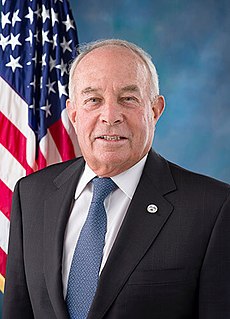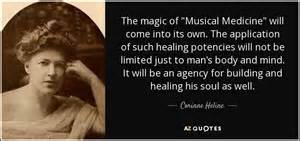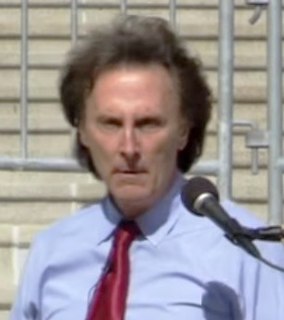A Quote by Andrew Saul
Doctors frequently get it wrong. One out of five patients today is in the hospital because incorrect treatment by a physician put him or her there.
Related Quotes
The USDHEW calculates that 7% of all patients suffer compensable injuries while hospitalized .....One out of every five patients admitted to a typical research hospital acquires an iatrogenic (Caused by the treatment process) disease, one case in thirty leading to death. Half of these episodes result from complications of drug therapy; amazingly, one in ten come from diagnostic procedures.
Doctors should recognise the importance of the five human values; Truth, righteousness, Peace, Love and Non-violence. Love is the basis for all the other values. Doctors can infuse courage in patients by the love they show towards the patients. If doctors carry out their duties with love they will be crowned with success.
Because of the war on drugs, pain patients are treated with skepticism and pain doctors live in fear of being prosecuted for overprescribing. The end result is that addicts still get their opioids without much trouble, while genuine patients often can't find treatment. Those who do must typically be tracked in a database and must schedule frequent, expensive doctor visits for surveillance like urine testing.
I don't think the people today who start hearing voices, stop eating and sleeping, and run amuck are likely to get good treatment. Having more knowledge, better diagnostic capabilities, better medications with fewer side effects, can't make up for the fact that most patients are being treated by doctors, therapists, and hospitals, who are operating under constraints and incentives that reward non-treatment, non-hospitalization, non-therapy, non-follow-up, non-care. Lost to follow-up is the best outcome a health insurer can hope for.
The famous Greek physician Hippocrates administered musical treatments to his patients in 400 B.C. Although this type of treatment did not originate with him, it found in him an exponent of the highest order. With the increasing materialism of Western civilization, the major tenants of ancient musical therapy have been either forgotten or discarded.
As a physician who was smoking a pack of cigarettes a day, getting drunk on weekends, stressed out about having 35 patients in the hospital, and not being able to help either them or myself, I had my existential crisis way before I met Maharishi. I did meet him and he was an influence, but I met many other people as well.
We went through the records and we found over five hundred of his patients who were alive and well five years after their treatment, with no cancer. And Dr. Burton didn't selectively give us these. These were "take what you want. Here are the patients I treated." So there was statistical improvement - more so than any cancer institution in the United States could show.
My daughter is a practicing physician so believe me I get a lot of the frustration from her. You get it from patients. For me personally, when I ask my doctor to send me my record, what I get is a scanned PDF of his hard copy! This is not good. It would be hopeless to work with a million people if you had to do this on paper, and one of the reasons this is the right time for this is because of the existence of EHRs.


































